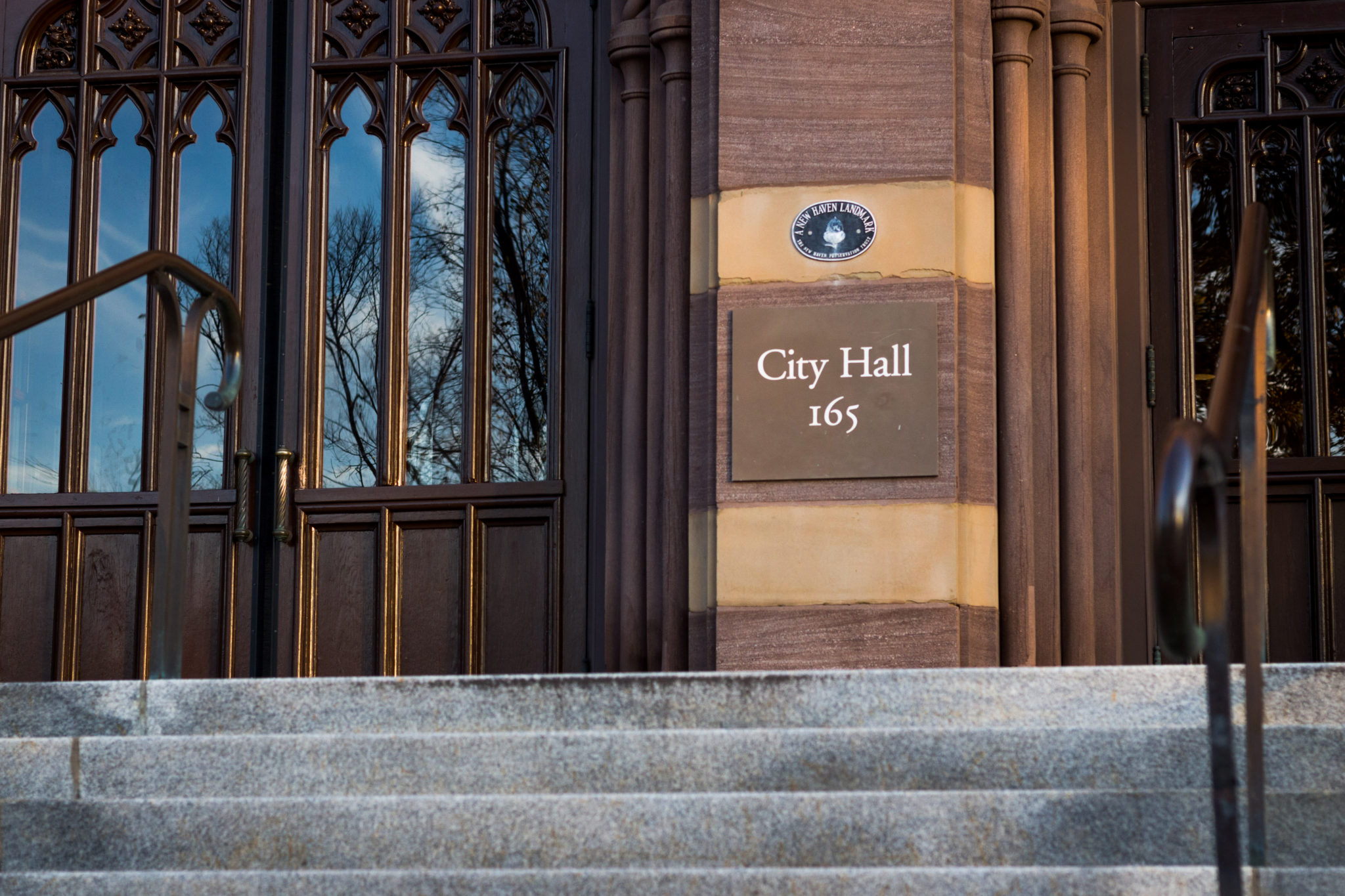
As the race for who will helm New Haven in 2020 heats up, the spotlight is about to fall on the financial health of the Elm City.
In less than two weeks, Mayor Toni Harp will release her proposed budget for the upcoming fiscal year. This year, in addition to the annual draft budget, the mayor’s office is expected to release an economic five-year plan to address the fiscal issues that have long plagued Elm City. In the coming weeks and months, legislators and members of the public will have the opportunity to review the budget and to respond to the mayor’s proposals before the Board of Alders makes its revisions. The board will ultimately finalize the budget in time for the new fiscal year, which begins July 1.
“Mayor Harp has been gathering information and soliciting input for the Mayor’s Proposed Budget from city department heads, other staff and her finance team for several months already,” mayoral spokesperson Laurence Grotheer told the News. “In the end, it is for the Board of Alders to adopt a balanced budget.”
In the upcoming budget, New Haven’s residents and legislators will see the mayor’s suggestions for how the city can scale back overtime costs for the fire and police departments and address funding pensions.
Harp, now in her third two-year term as mayor, is officially seeking a fourth as of Valentine’s Day. Her aides have consistently struggled to rein in overtime costs. The issue contributed to the Board of Alders’ decision to reject Harp’s nomination of Sean Matteson to permanently assume the post of the mayor’s chief administrative officer last fall. Last week, the Board of Alders’ Finance Committee begrudgingly voted to transfer funding from elsewhere in the current fiscal year’s budget to cover overtime costs in the fire and police departments, which — just past the halfway mark of the fiscal year — are already exceeding their allotted amount.
At that hearing, Ward 10 Alder Anna Festa and Ward 5 Alder Dave Reyes expressed particular concern about the systematic nature of overtime costs. Staffing issues run deeper than surface-level allocation fixes, Festa noted as she questioned the structure requirements of the departments and whether all of its current designated positions are necessary.
Festa agreed that shifting resources to better match demands is one way of targeting costs, but ultimately, she floated the idea of “diminishing the number of bodies” required by the departments, which could in turn lessen the effect of staffing shortages.
Examining the viability of cost-saving measures such as changing the staffing structure of the Departments in question will likely take beyond the current budget cycle, but City Hall is already in the midst of grappling with negotiation and leadership changes. New Haven Police Chief Anthony Campbell ’95 DIV’09 announced his departure earlier in the month. In addition, the local police union, Elm City Local, is also under new leadership after its former president left in January for a position in the city’s suburbs — which often siphon off of New Haven’s police force.
The last union contract between Elm City Local and City Hall expired at the end of June 2016, more than two years ago. Negotiations since have not yielded another contract.
The last monthly financial report shows potential improvements in the city’s financial health — expenses have dropped across the board in almost all Departments of the city. Some of those, Harp’s administrators claim are the result of measures implemented to systematically address root issues, such as changes in the way the city provides and pays for medical care and insurance for its employees.
With newly inaugurated Gov. Ned Lamont SOM ’80 now at the helm of the state, the city’s independent Financial Review and Audit Commission Chair, Mohit Agrawal GRD ’20, will also look to see how Harp’s proposals align with Lamont’s, specifically on the issue of municipal cost-saving measures and whether she will, “move forward with proposals” in areas such as shared services and contracting.
Despite the drops in spending across departments, pensions still remain a major sore spot for the budget. The city has already put more into pension payment funds this year than last, but the majority of city pensions are still unfunded, representing critical liabilities in already shaky fiscal times. In December, the city’s Pension Task Force met for the first time to address plugging the costs of pensions, and the question will be critical in Harp’s five-year proposal.
A number of public hearings and open workshops have been scheduled to occur after the mayor unveils her proposal. The meetings are administered by the city’s Office of Legislative Services, Grotheer told the News.
Harp was first elected mayor in 2013.
Angela Xiao | angela.xiao@yale.edu







